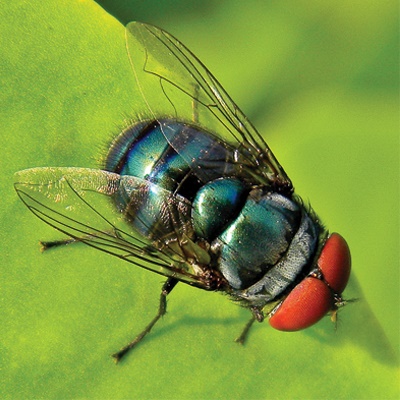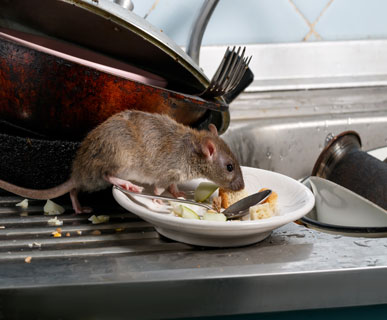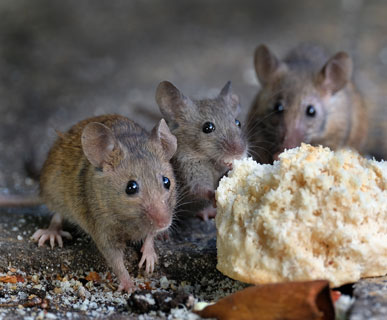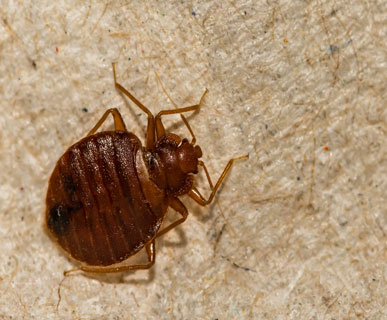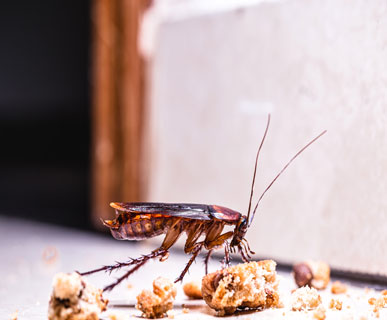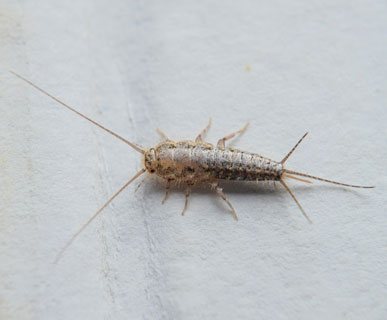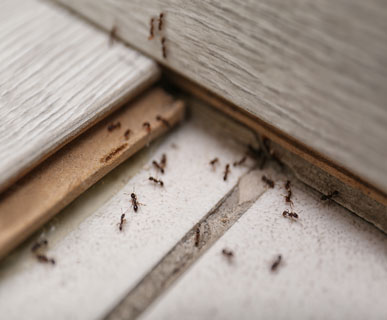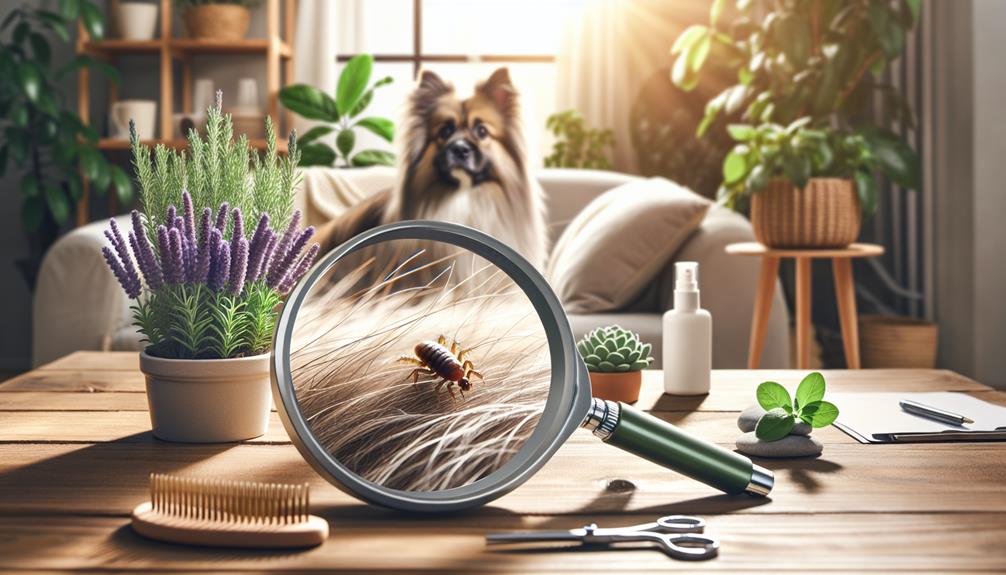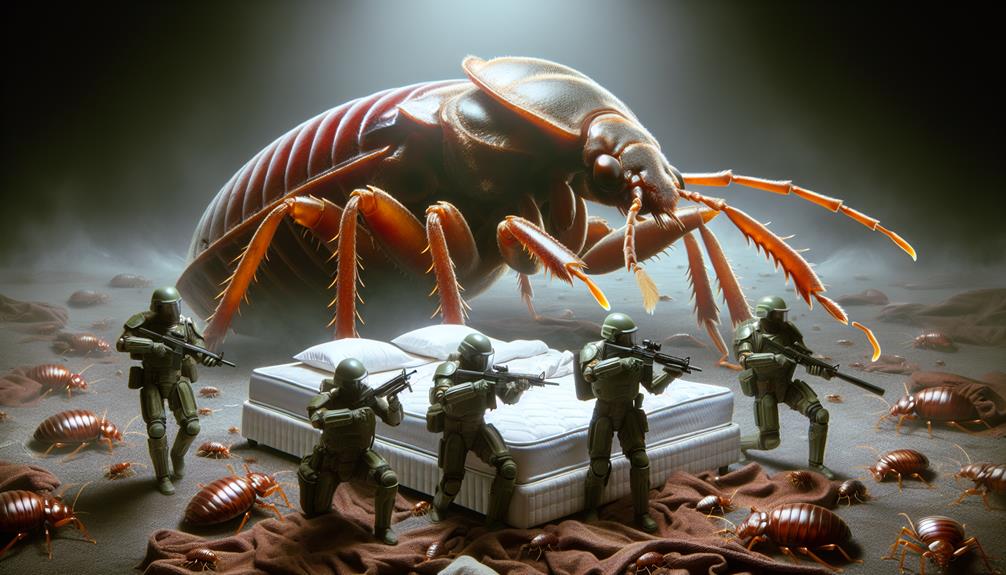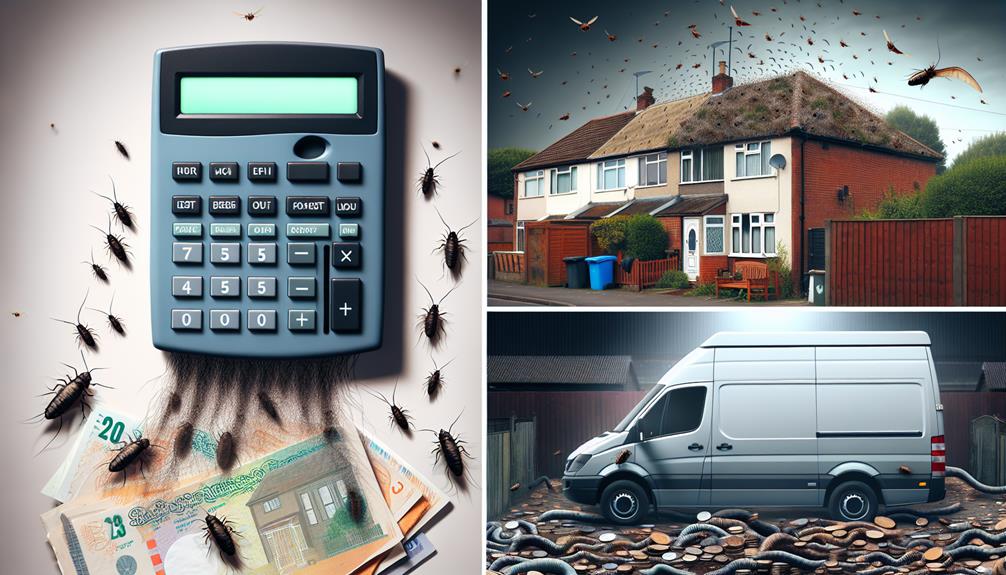Bluebottle flies, also known as blowflies, are a common sight in many parts of the world. They are often seen buzzing around garbage cans, decaying animals, and other waste materials. While they may seem like a nuisance, these insects actually play an important role in the ecosystem. In this article, we will explore the habits of bluebottle flies, their benefits, and the potential risks associated with their presence.
What are Bluebottle Flies?
Bluebottle flies are a type of blowfly that belongs to the family Calliphoridae. These insects are characterized by their metallic blue or green bodies and distinctive buzzing sound. They are found all over the world, but are most commonly found in warmer regions.
Lifecycle of Bluebottle Flies
Bluebottle flies have a relatively short lifespan, typically living for around two to four weeks. The females lay their eggs in rotting meat, feces, or other organic matter. The eggs hatch into larvae, which feed on the decaying material. After a few days, the larvae will pupate and transform into adult flies.
Habits of Bluebottle Flies
Bluebottle flies are attracted to decaying organic matter, and can often be found around garbage cans, animal carcasses, and compost piles. They are also known to enter homes and other buildings in search of food. Bluebottle flies are most active during the day, and are less commonly seen at night.
Benefits of Bluebottle Flies
While bluebottle flies may be considered a nuisance by some, they provide several important benefits to the ecosystem. They are important decomposers, helping to break down decaying organic matter and recycle nutrients back into the soil. Additionally, bluebottle flies serve as a food source for other animals, including birds and spiders.
Risks Associated with Bluebottle Flies
While bluebottle flies may provide some benefits, they can also pose a number of risks to humans and animals. For example, they are known to carry and transmit a number of diseases, including typhoid, cholera, and dysentery. In addition, their presence in large numbers can be indicative of a sanitation problem and can contribute to unpleasant odours and unsanitary conditions.
Prevention and Control of Bluebottle Flies
Several steps can be taken to prevent and control bluebottle flies. These include:
- Properly disposing of garbage and other waste materials
- Keeping compost piles covered and away from buildings
- Regularly cleaning and disinfecting areas where food is prepared or stored
- Sealing cracks and gaps in windows and doors to prevent the entry of flies
- Using professional pest control measures as needed

